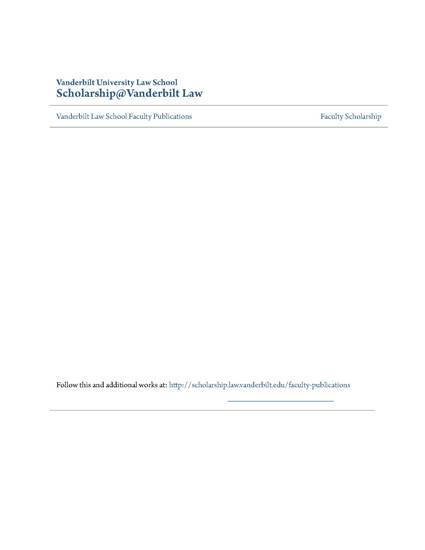
- evolutionary analysis in law,
- behavioral biology,
- evolution,
- child abuse
For contemporary biologists, behavior - like physical form - evolves. Although evolutionary processes do not dictate behavior in any inflexible sense, they nonetheless contribute significantly to the prevalence of various behavioral predispositions that, in turn, tend to yield observable patterns of behavior within every known species.
This Article explores the implications for law of evolved behavioral predispositions in humans, urging both caution and optimism.
Part I of the Article provides A Primer in Law-Relevant Evolutionary Biology, assuming no prior knowledge in the subject. Part II coins the term evolutionary analysis in law and proposes a model for conducting it. That part demonstrates how legal thinkers can locate, assess, and use knowledge about evolutionary influences on human behavior to further the pursuit of many existing social and legal goals. The Article illustrates the operation of that method by showing how it could aid ongoing efforts to understand and curb child abuse. Throughout, the emphasis is on how the evolutionary perspective on human behavior will typically and usefully supplement, rather than supplant, prevailing notions of the many influences on behavior and the complex interactions among them.
Available at: http://works.bepress.com/owen-jones/7/
